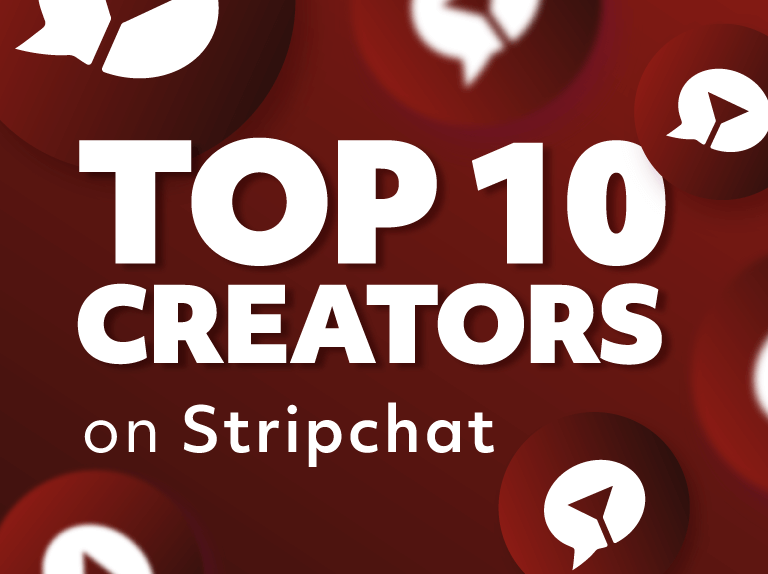Ca-thing! That’s the sound of an exciting opportunity with a brand. They loved your content on social media, and they can’t wait to work with you for their next marketing campaign. Thrilling, isn’t it? The money bells are ringing and you’re already dressed up for the ball.
But before you hurry and officialize your new marketing relationship with an advertiser, here are a few things you should know about influencer contracts.
In this article, we tell you everything you need to know before you even consider working with a brand. We cover what you should look for in a good agreement, and we address the special clauses you should pay attention to before you take out your digital pen.
So put your glasses on, grab a seat, and read carefully!
Do influencers need contracts?
Would you start a job without a written agreement? The same applies to your services, if you agree to be part of a marketing campaign, you have to make sure everything is on paper: from production to compensation, all the terms need to be clearly written.
Like for any type of work–legal work–you want a contract that is legally binding. Texts, emails, and DMs are written, yes, but they can be subject to interpretation. So no, a contract is not required, but it is highly recommended to avoid any frustrations and losses for either party. Influencing is working, and the outcomes can be very fruitful for yourself and the advertiser. A written agreement specifies what you–the influencer–and the advertiser are responsible for. In other words, it sets the terms for everyone, not just you. It also protects anyone from loss of resources and guarantees compensation when your work is finished.
How do you get an influencer contract?
There are many ways to get a contract as an influencer. You can be approached directly by a brand that likes your work, or you could just pitch your services to a brand, telling them how much you’d like to work with them. You can also match with a company through an influencer marketing agency. They have a number of brands that they work with, and they’re always looking for influencers to promote offers.
What should you consider before signing a contract with an advertiser?
First things first, do your homework!
Research the brand, look for the business’s values. Were they ever the subject of bad press? What are their values? Do your due diligence because companies certainly do theirs before getting in touch with an influencer. Set your own requirements, and let them be your guidelines in the marketing world.
Keep in mind that your relationship with your followers comes first. So if you were to partner up with a brand, would your followers benefit from such partnership. Would it add value to your personal brand? More importantly, would your followers as potential buyers be satisfied customers or clients?
The company’s reputation, their customer service skills, their efficiency, the quality of their products or services, the way they treat their employees, all of these elements count and should be part of the equation.
What should an influencer contract include?
Here’s what you should look for when you receive an influencer contract. Make sure these terms are clearly identified, don’t hesitate to ask the other party to add details or additional clauses if you think something is missing. After all, the purpose of a contract is to make sure that all parties are satisfied. These are the basic requirements a contract should include:
- type of content to produce: What type of content must be produced: videos, blog articles, photos, reels, posts, etc.?
- duration of the campaign: How long is the agreement for and when does it start?
- creative control: How much creative control do you have as an influencer?
- ownership rights: Who owns the rights for content being produced?
- approval before posting: Do your posts have to be approved before publication?
- compensation: How much are you getting paid per piece? What are the payment methods, and when should you expect to get paid?
- engagement with the audience: Who will engage with the followers on sponsored posts? Who will respond to comments or messages on the brand or the product being advertised?
- termination clauses: Under which circumstances can the agreement be terminated?
- morality clauses: Are there any behaviors, derogatory terms, or actions that can endanger the brand or the campaign?
- merchandising: Does the brand provide the influencer with the merchandise needed for the content? Is the merch provided free of charge? How is it provided, and how should it be used?
If this is still too overwhelming, take the time to look at influencer contract templates online. There are plenty of free ones on the web. You could also discuss influencer contracts on forums. People with more experience will jump at the chance to help a newbie. They can even share templates or resources they’ve used in the past for you to download.
Here’s a template of an influencer contract to have a good idea of what an influencer-advertiser agreement should look like.
What about morality clauses? Why are they part of the agreement?
Morality clauses are the yellow street lights in your contracts. They are here to keep you from doing anything that could damage the brand in any way. You might want to have your account manager or lawyer looking at your contract just to make sure you understand these clauses. They can be really tricky and somewhat vague. For instance, Platform Law, in its definition of a morality clause, identifies reasons to end an agreement as the following:
- “Failure of the influencer to act with due regard for public morals.
- Any action by the influencer that results in the influencer being put into public contempt, disrepute, ridicule, or scorn.
- Any action by the influencer that shocks, insults or offends community standards or damages the client’s or brand’s reputation.”
In this day and age, almost anybody on social media or on television can be ridiculed or scorned for sharing an unpopular opinion or for creating a shocking post. Ask for specific details to be included in the contract (e.g., racial slurs, nudity, partial nudity, criminal allegations, alcohol or narcotics consumption, etc.). This can prevent many legal headaches in the future.
Lastly, keep in mind that even if a brand does not automatically send you a contract, you can always require one to protect your work and your resources. Better yet, create your own personalized template that you would submit to brands for future agreements. Be strategic and specific, and withhold any services until you receive the adequate PDF document in your inbox!
Wanna know more about influencer contracts? Join FansRevenue and speak with one of our team members about exciting opportunities.








